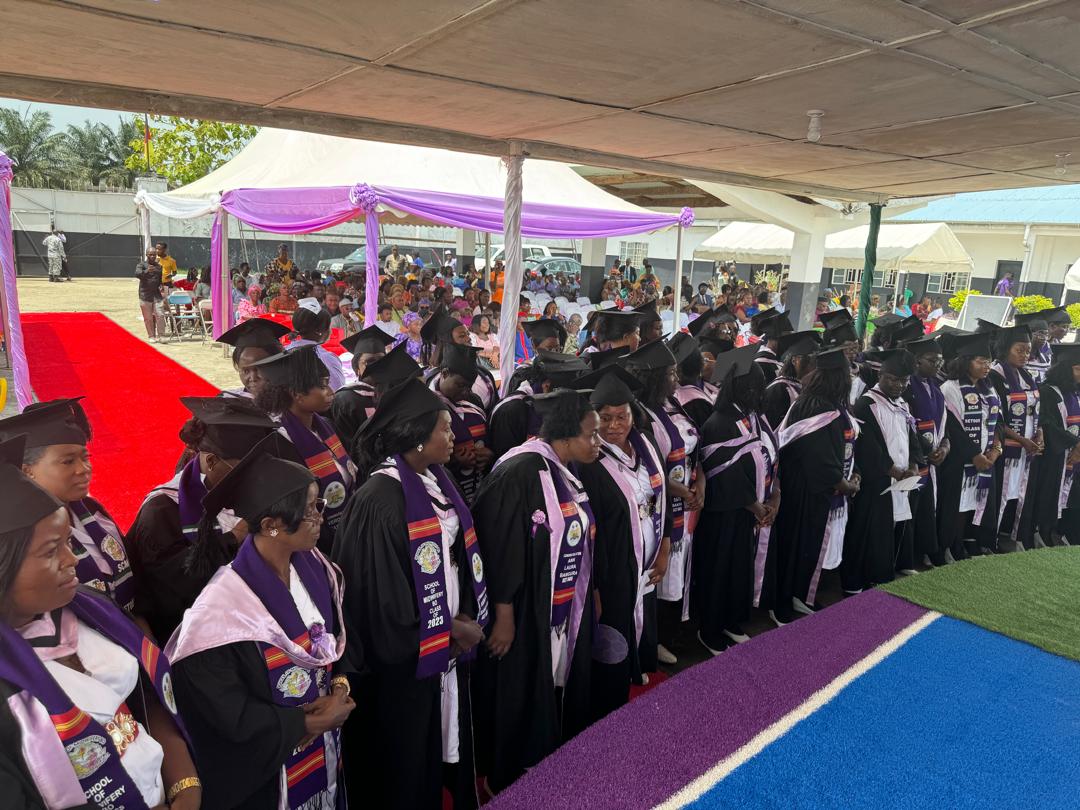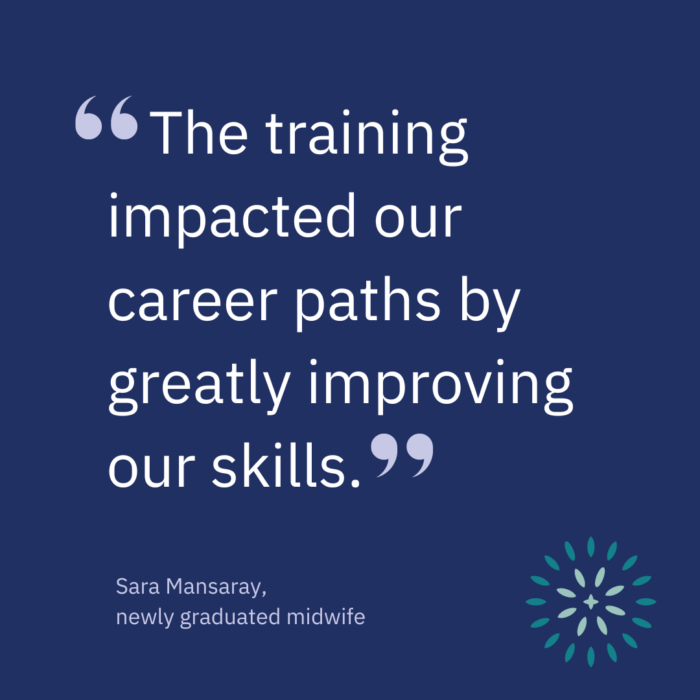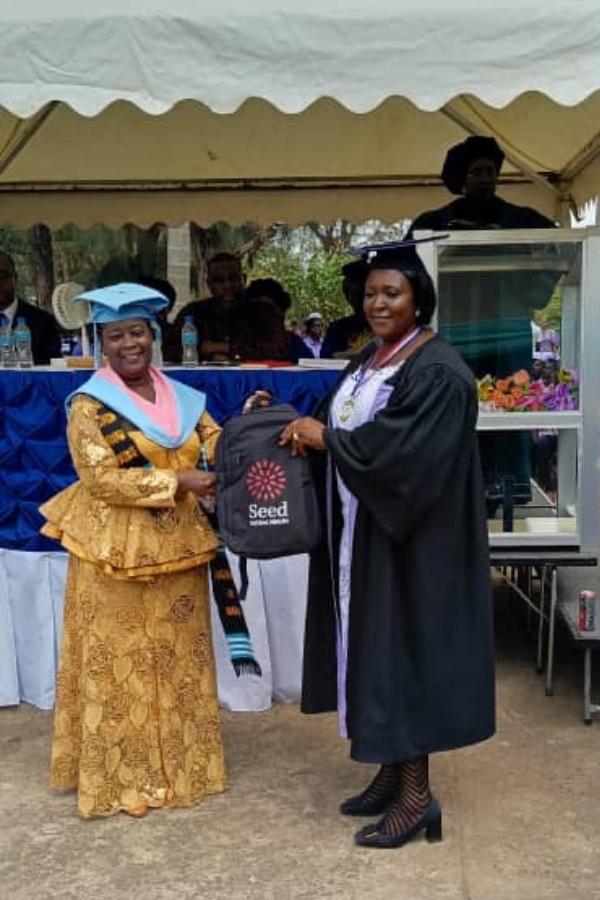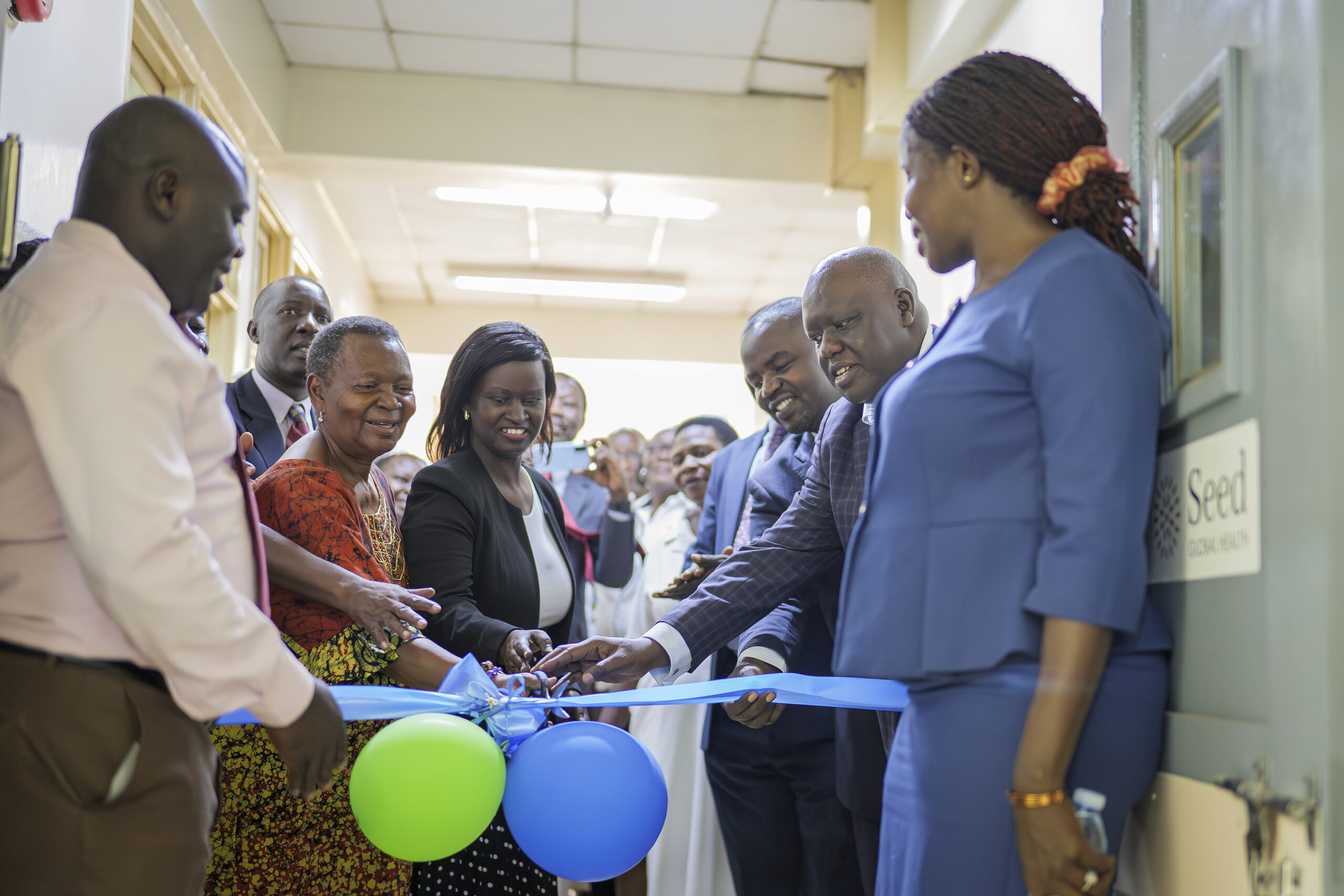
Sierra Leone’s New Midwives: Trained to Save Lives
Seed Supports Sierra Leone to Graduate Nearly 160 New Midwives
In April, Sierra Leone’s two schools of midwifery graduated nearly 160 new midwives as part of the government’s push to reduce maternal mortality by educating and training 4,000 midwives by 2030. The School of Midwifery in Bo graduated 56 midwives and the School of Midwifery in Makeni graduated 103 midwives.
Since 2020, Seed Global Health has been partnering with the Ministry of Health and Sanitation (MOHS) to strengthen midwifery education and the quality of midwifery services nationwide.
Sierra Leone’s 159 new midwives received rigorous training in emergency obstetric care, family planning, antenatal care, and newborn care and are well prepared to provide maternal and newborn health services in a variety of health facilities across the country, including regional and district hospitals and community health centers.
The midwifery training program, which spans two years, builds upon the participants’ prior qualifications as registered nurses.

Sara Mansaray, one of the newly graduated midwives, said, “The training impacted our career paths by greatly improving our skills. There were lots of equipment and procedures that we [had only heard] about during our nursing days, but never saw or performed until we came to the midwifery school. The presence of Seed educators made a great impact on us…as they taught us so many skills and procedures on all the obstetric emergencies. They [helped] us understand that the most important thing to note in midwifery practice is time.”
Seed recruits experienced, highly-skilled midwives from around the world, who embed with the School of Midwifery Bo and the School of Midwifery Makeni for one to two years. Known as Seed “educators,” they partner with faculty to develop and strengthen curricula, train and mentor midwifery students, and move students from theory to practice using a teaching model in which they work together with students not only in the classroom, but also in clinical settings, caring for patients.
Sierra Leone’s midwifery curriculum emphasizes both theoretical knowledge and practical skills development, with 70 percent of student learning dedicated to hands-on experience in skills labs and clinical placement sites across regions and districts.
Despite challenges such as long commutes to the midwifery schools and clinical sites, the dedication and resilience of the students have prevailed. Today, they possess the skills to deliver postpartum care, handle obstetric emergencies, provide family planning services, address preeclampsia, and engage in research.

To support the newly graduated midwives, Seed Global Health provided them with midwife startup kits, which include necessities such as blood pressure cuffs, fetoscopes, scissors, nurse’s watches, and more to help them provide high-quality care to their patients.
Seed partners with the schools of midwifery and referral hospitals in Bo and Makeni, with plans to expand to a third school of midwifery and referral hospital in the coming year. Seed and our partners are strengthening midwifery education and practice, including enhancing student competency and confidence, promoting evidence-based practices in maternity wards, and collaborating with the MOHS to strengthen the policy environment for midwifery nationally.

